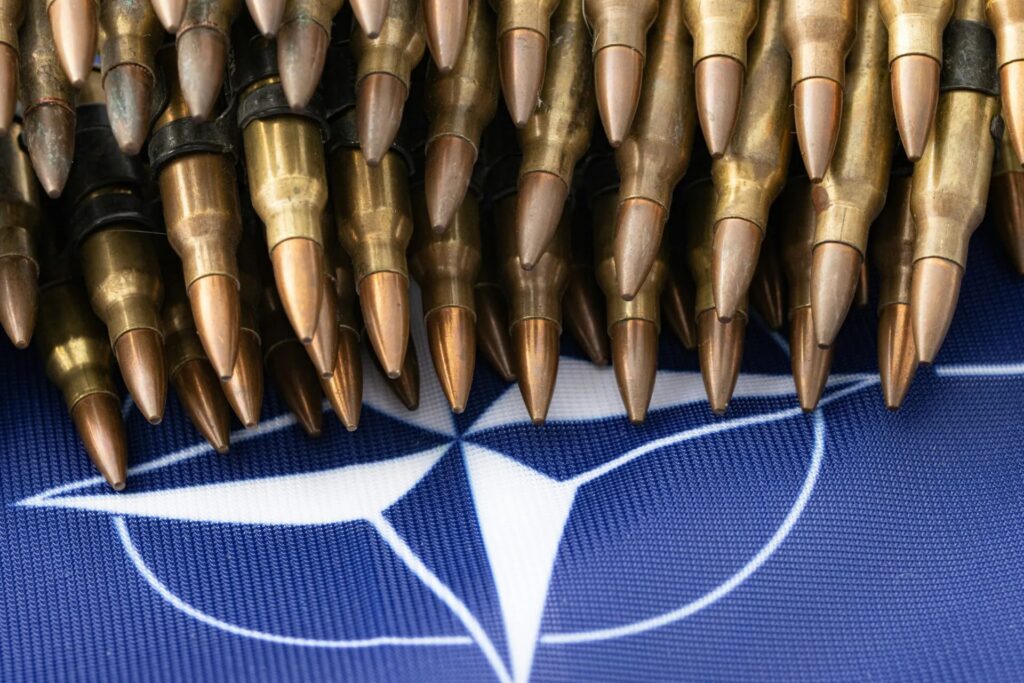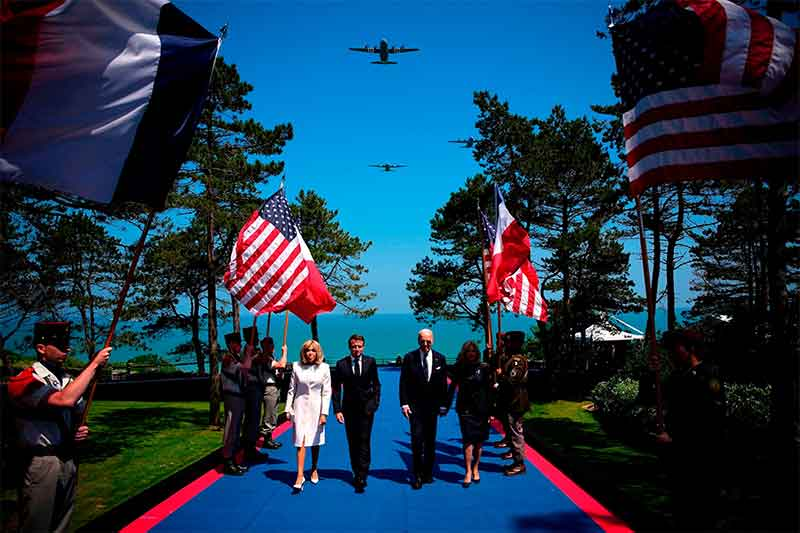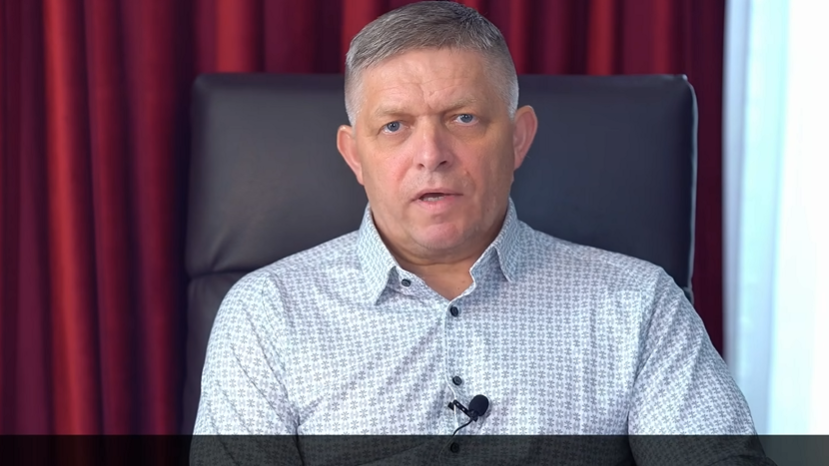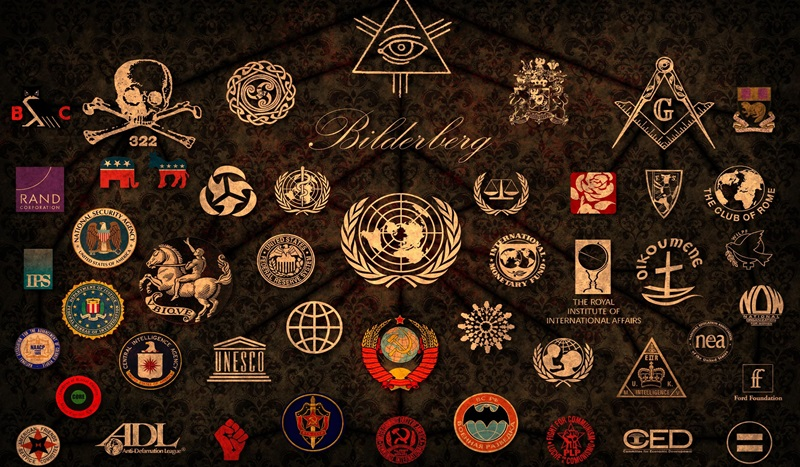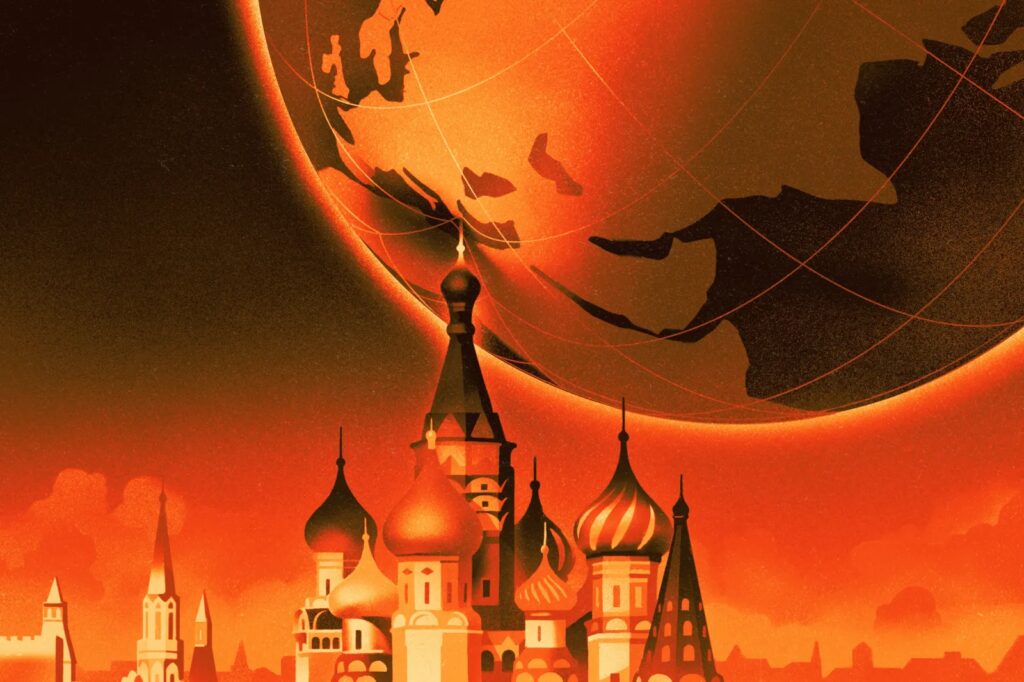
Ci-après la traduction en français d’un article russe paru sur la chaîne deita.ru le 12 juin 2024 sur la plateforme dzen.ru.1
Il reprend l’analyse de l’éminent économiste et homme politique russe Sergueï Glaziev, né en 1961, peu connu en France alors que ses travaux sont réputés chez les Anglo-Saxons.
Docteur en économie, académicien russe depuis 2008, il est membre actif du collège des ministres de la Fédération russe sur l’intégration et la macro-économie eurasiatiques.
Il est conseiller auprès de la présidence de la Fédération de Russie.
Économiste de renom, il semble ne pas être très apprécié en France, certainement de par ses analyses, ses thèses, ses diagnostics et ses pronostics qui n’entrent pas exactement dans les cadres de la doxa libérale occidentale pseudo-scientifique.
En revanche, ses analyses et ses projections se vérifient dans le cadre concret du développement de l’Eurasie en croissance à côté de l’Occident en décroissance, l’Europe en tête, malgré les dizaines de milliers de sanctions qui sont imposées à la Russie.
Il sera sage de suivre son pronostic sur l’extinction imminente du dollar et la dernière truanderie mortifère des États-Unis.
Assisterions-nous à la fin de la mascarade : «Créer l’argent à partir de l’air» ?
Bertrand Hédouin
*
Les États-Unis ont planifié la destruction totale du dollar en 24 heures, considère Sergueï Glaziev
Aujourd’hui, les représentants de l’élite financière des États-Unis sont parfaitement conscients que le dollar dans son état actuel «file un très mauvais coton» et est un actif financier extrêmement toxique.
Le célèbre économiste russe Sergueï Glaziev en fait le constat sur l’antenne de la radio Moscou FM ce mercredi 12 juin 2024, rapporte deita.ru.
Selon lui, très prochainement, il sera extrêmement dangereux de continuer à utiliser le dollar non seulement pour l’ensemble du système financier et de l’économie des États-Unis, mais également pour l’État américain dans son ensemble.
Le principal danger émanant du dollar réside dans le fait que c’est dans cette monnaie que l’énorme dette publique des États-Unis est contractée alors que cette dette croît en volume de plus en plus rapidement, ce qui commence à inquiéter sérieusement et à effrayer la classe dirigeante.
Les fonctionnaires et les bureaucrates commencent à se rendre compte que très bientôt, ils devront consacrer la plus grosse part du budget fédéral uniquement au remboursement des intérêts de la dette publique. À cause de cela, ils vont être amenés à devoir réduire tous les autres postes de dépenses.
À un certain moment, ce problème va devenir existentiel, dans le sens où les autorités américaines feront face à un choix : soit tout le pays travaille uniquement pour payer la dette, soit l’establishment trouve un moyen pour se débarrasser de toutes ses obligations financières.
Connaissant l’approche qu’ont les Américains pour résoudre leurs problèmes et leur sentiment d’être exclusifs, ce que certains présidents ont officiellement et ouvertement affiché, l’élite va choisir la deuxième approche.
Afin d’annuler toutes les dettes américaines, il est nécessaire que cela se produise, d’abord très rapidement, ensuite, de manière irréversible. Autrement dit, tout doit être fait pour que personne après l’annulation ne puisse réclamer une indemnisation à l’Amérique pour les fonds qui auront été investis.
Selon l’économiste, c’est à cette fin que l’on prépare aux États-Unis un plan d’effondrement total du dollar en 24 heures, afin que personne ne puisse prendre conscience et comprendre ce qui se passe. Les dirigeants américains doivent réaliser ce vol en l’espace d’un jour seulement.
Une fois le vol effectué, personne ne doit se demander comment les créanciers pourraient récupérer leur argent. Ici, les États-Unis ont un argument très solide leur permettant de croire que personne n’osera leur demander remboursement.
«Ce n’est pas un hasard si l’élite américaine ait dépensé des décennies durant autant d’argent pour entretenir et améliorer sa machine militariste. Le budget militaire des États-Unis a toujours été plus important que les dépenses totales de tous les autres pays dans le monde dans ce domaine. On peut alors supposer que l’élite dirigeante américaine peut être certaine qu’aucun pays qui aura investi son argent dans la dette publique des États-Unis ne réclamera son dû. Ainsi, selon l’élite américaine, l’effondrement total du dollar en 24 heures ne devrait entraîner de conséquences fatales. C’est le risque que les dirigeants américains vont devoir prendre s’ils veulent sauver l’État», explique Glaziev.
L’expert a également noté que les Américains avaient procédé avec le dollar dans la même logique en 1971, quand ils ont unilatéralement abandonné la convertibilité du dollar en or, déclarant ainsi faire défaut.
